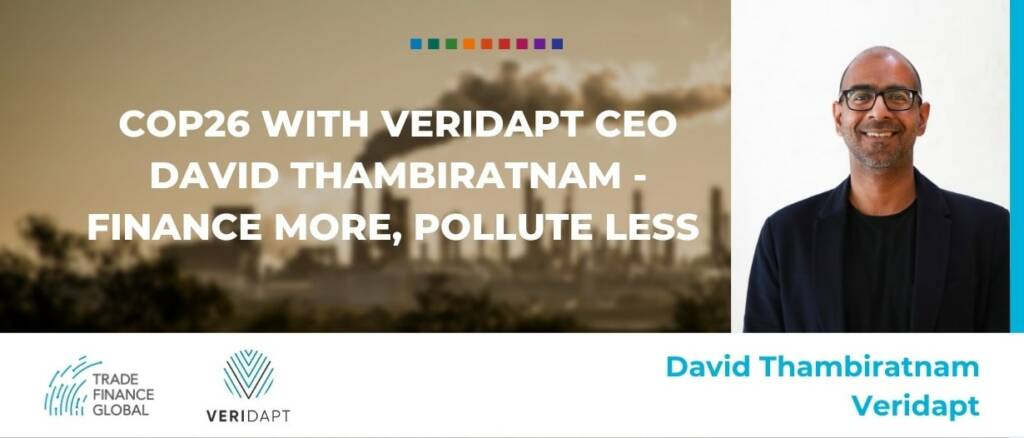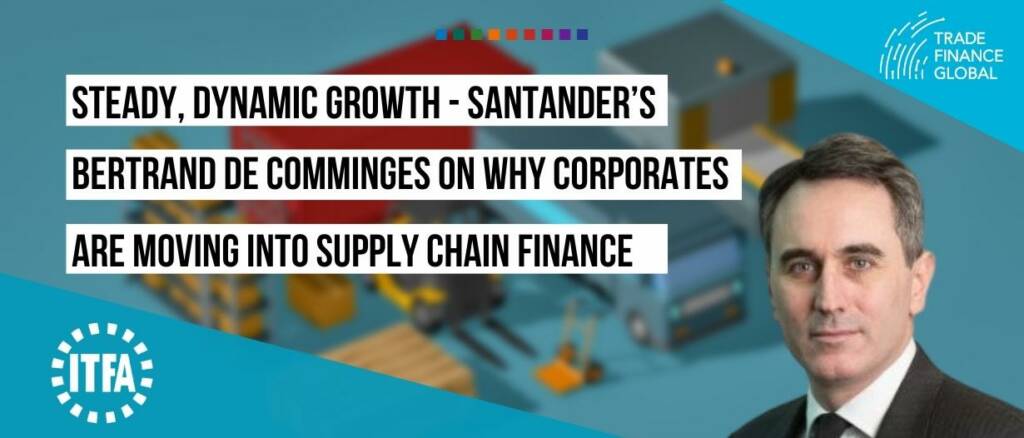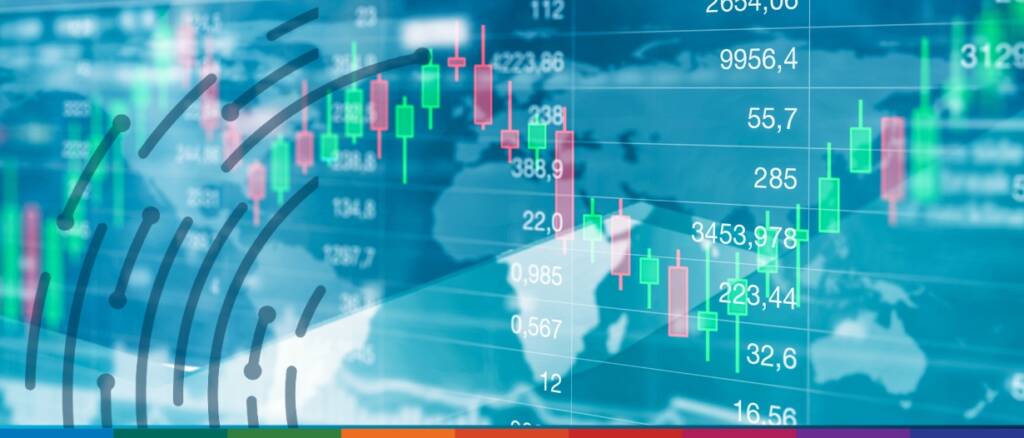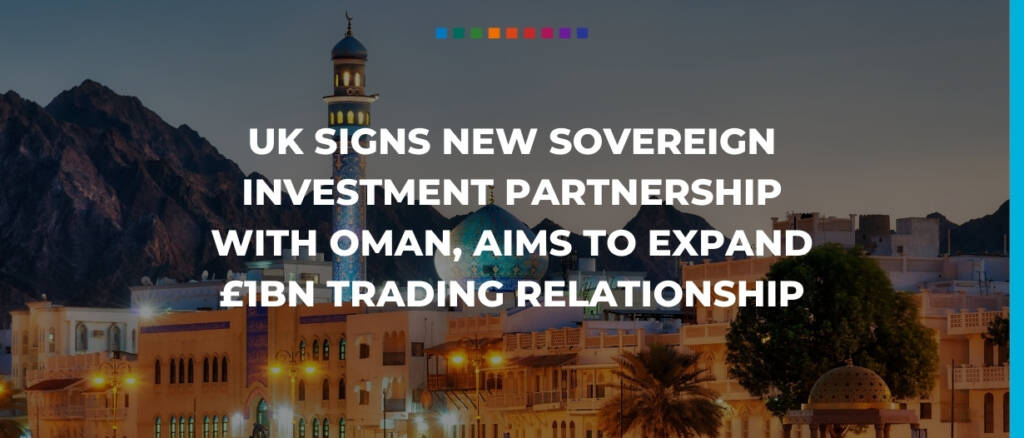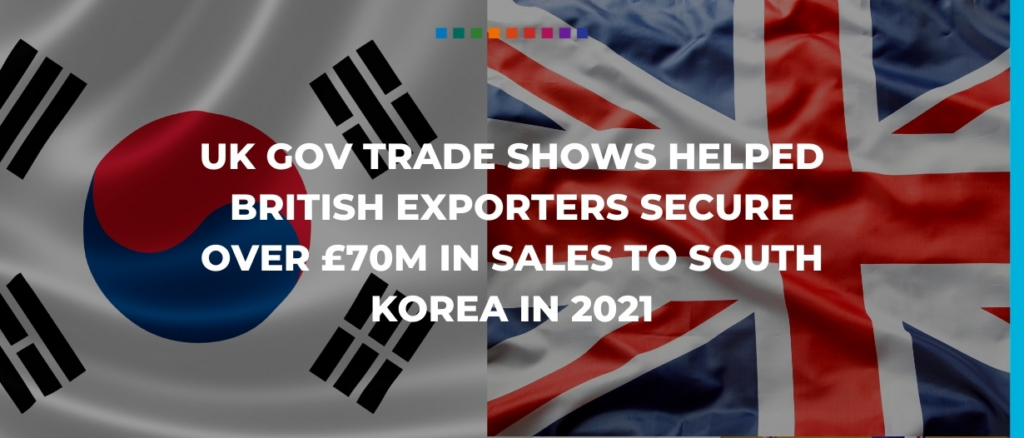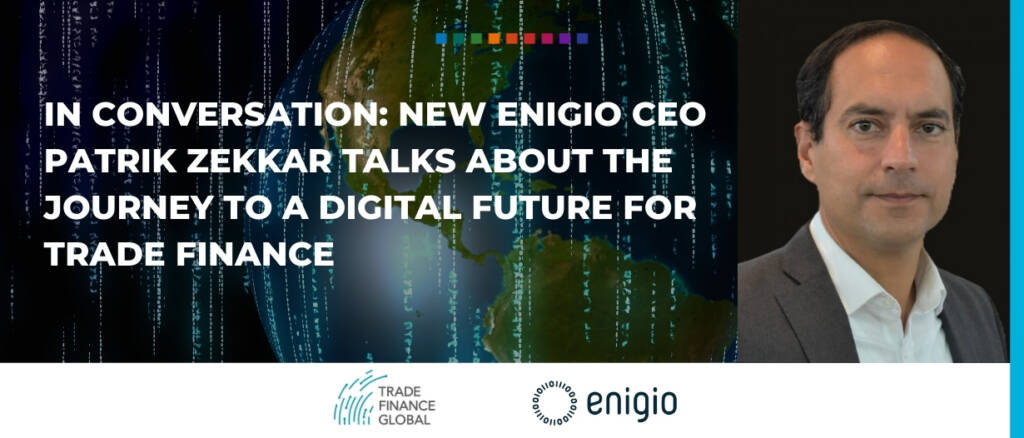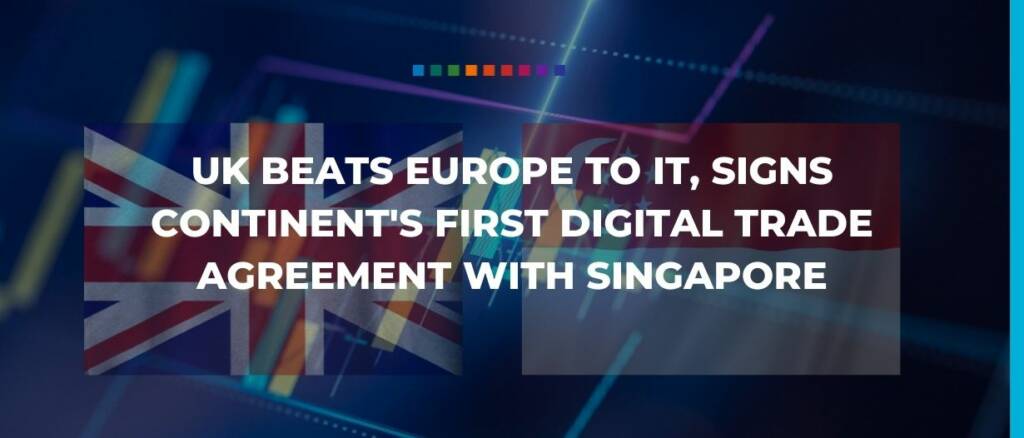Lenders are being asked to allocate more capital than ever to manage risks and seize opportunities, as the world strives to achieve net zero carbon emissions by 2050.
After another year of disruption for much of the global economy in 2021, one sector that has emerged mostly unscathed – except for one high-profile collapse – is supply chain finance.
After another tumultuous year for trade finance in 2021, the industry is set to face a number of challenges – both old and new – as we head into 2022.
Speaking to Trade Finance Global, Pillow said she has overseen major changes as head of communication at ITFA, not just in the way the association presents itself, but also in terms of its reach and scope.
A group of central and commercial banks has successfully tested the integration of wholesale central bank digital currencies (CBDCs)
The UK has signed a new sovereign investment partnership (SIP) with Oman, focused on driving high-value investment in both countries. Based on a Memorandum of Understanding (MoU) between the UK’s… read more →
ABN AMRO Bank has said that it was rewarded for its early preparation for SWIFT trade finance changes, thanks to a solution from Norwegian software vendor Commercial Banking Applications (CBA).… read more →
UK exporters sealed over £70 million in sales to South Korea during 2021, with the help of trade shows backed by the UK government. British-made products ranging from hydrogen fuel… read more →
This month, Trade Finance Global (TFG) Editor Deepesh Patel spoke with Zekkar to find out more about his journey to Enigio, his new role, and his outlook on digitalisation in trade and supply chain finance.
The UK has secured an agreement in principle with Singapore that will form the first digital trade deal signed by a European nation. Known as the Digital Economy Agreement (DEA),… read more →















